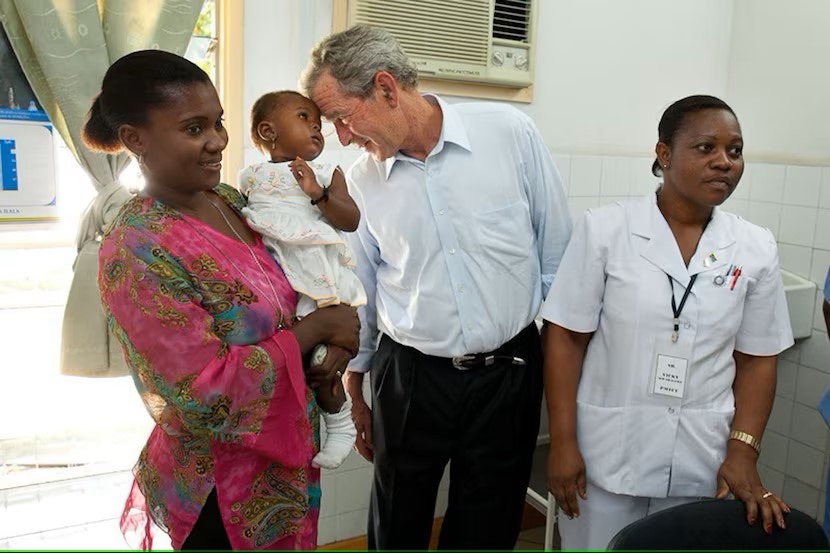Unnerving episodes like the one we are trapped in remind us of the crucial role that well-trained journalists play. We depend upon quality journalism for a flow of information that helps us understand — as well as know what to think about — a devastating disease like COVID-19.
The coronavirus naturally has brought to our attention the valuable role that skilled medical professionals and knowledgeable scientists play in our society and the larger world. Where on earth would we be without them in a pandemic like this?
At the same time, unnerving episodes like the one we are trapped in remind us of the crucial role that well-trained journalists play as well. We depend upon quality journalism for a flow of information that helps us understand — as well as know what to think about — a devastating disease like COVID-19.
This weekend, for example, the Dallas Morning News, my hometown newspaper (acknowledgement: I worked there for two decades), carried an informative report by science writer Anna Kuchment on the various therapies and vaccines scientists around the world are pursuing. How does the broad public get access to that kind of information without knowledgeable reporting that depends upon a range of sources?
Unfortunately, you are not likely to get that in countries that lack one of the most fundamental elements of a democracy: a free and vibrant press. And too many places around the world do not have that kind of media, as Freedom House documents in its annual Freedom in the World report.
The 2020 version of that report was just released, and it reminds us how state control of the press, a squelching of dissenting voices, and physical threats to journalists are among the realities that curtail an open flow of information and ideas within countries and across borders.
Of the 46 nations Freedom House reports on for basic freedoms like an open, independent media, only nine countries scored three or higher on a four-point scale for their nation’s degree of freedom for journalists. (Not all nations have yet been evaluated, so the number of countries with a relatively free press will likely grow. But so might those without a truly free press.)
Consider these points from the report:
In China, which scored a zero for press freedom: “The CCP [Chinese Communist Party] maintains control over news reporting via direct ownership, accreditation of journalists, harsh penalties for public criticism, and daily directives to media outlets and websites that guide coverage of breaking news stories. … Thousands of websites have been blocked, many for years, including major news and social media hubs like the New York Times, YouTube, Twitter, and Facebook.”
Think how different the world might be if information about the virus had been able to flow more freely out of China as COVID-19 developed in Wuhan.
In Egypt, which scored a one: “The Egyptian media sector is dominated by progovernment outlets; most critical or opposition-oriented outlets were shut down in the wake of the 2013 coup. Moreover, in recent years, a number of private television channels and newspapers have been launched or acquired by pro-government businessmen and individuals with ties to the military and intelligence services. Journalists who fail to align their reporting with the interests of owners or the government risk dismissal.”
In Mexico, which scored a two: “Reporters probing police issues, drug trafficking, and official corruption face an increasingly high risk of physical harm. Self-censorship has increased, with many newspapers in violent areas avoiding publication of stories concerning organized crime.”
In Hungary, which also scored a two, “While private, opposition-aligned media outlets exist, national, regional, and local media are increasingly dominated by progovernment outlets, which are frequently used to smear political opponents and highlight false accusations.“
Even established democracies like our own have work to do. Despite a score of four for press freedom, Freedom House notes that in the United States that: “… independent local sources of news have struggled to keep up with technology-driven changes in news consumption and advertising, contributing to significant ownership consolidation in some sectors, and a number of communities with just one or no local news outlet. News coverage has also grown more polarized, with certain outlets and their star commentators providing a consistently right- or left-leaning perspective.”
To be sure, many journalists around the world, as well as in the United States, provide their readers or viewers reliable reports about various elements of their nation’s life. The problem is that a free press is anything but a common occurrence around the world. And that means access to reliable information can too often be in short supply. That is hardly comforting during a time when the world — not just us here in the U.S. — needs deep knowledge about this global pandemic.































